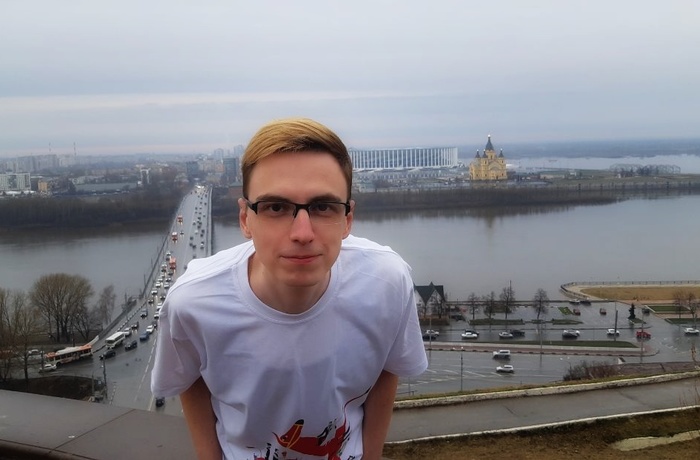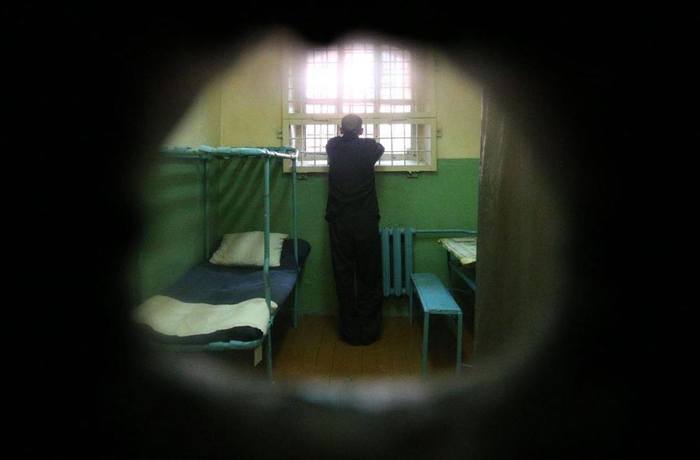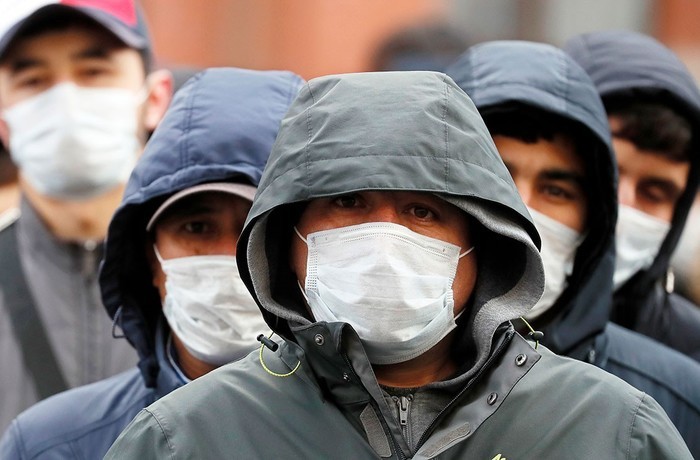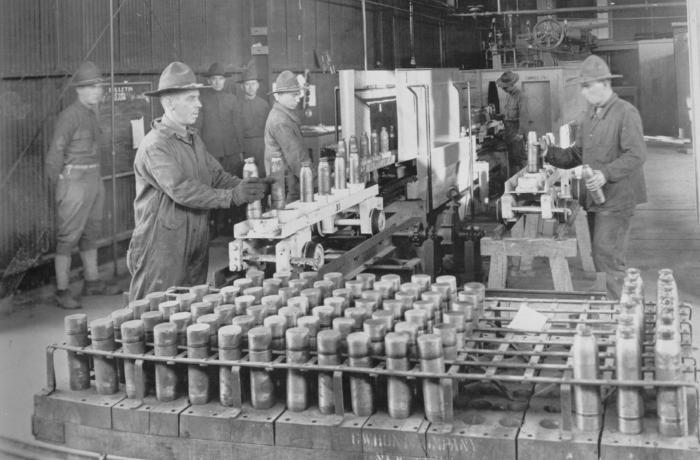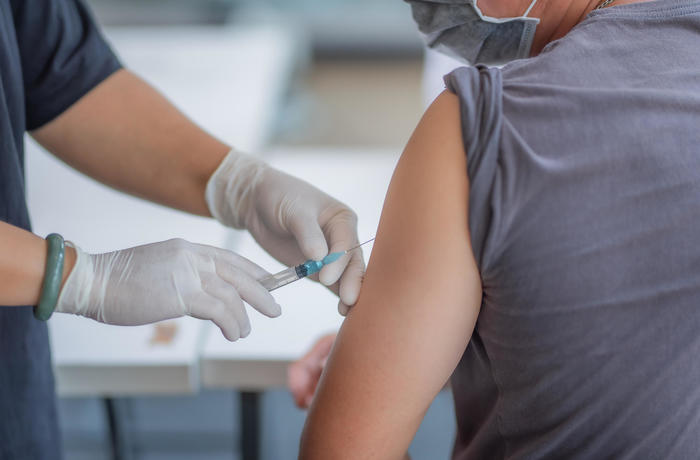"Just Keep Waiting"
The latest controversial story concerning cancer drugs occurred in Tyumen, where patients of the Meditsinsky Gorod oncology clinic reported the unavailability of Herceptin and Herticad, both medications for post-surgery treatment.
"I've been under treatment since January. During this time, I have undergone several chemotherapy cycles. I recently had surgery. I'm due to start a new cycle on the 24th of June. However, one of the most demanded drugs – Herceptin, together with its biosimilar sold under the trade name Herticad, have been unavailable at pharmacies since last Monday," one of the patients of Meditsinsky Gorod told the local online publication 72.ru on 21 June. "Now, after a six-month long chemotherapy treatment, we risk failing to solidify the positive results. The drug is off the shelves, and as far as we know, it will hardly become available anytime soon. Meaning we have no chance of meeting the deadlines."
When treating cancer, chemotherapy is literally scheduled by the hour. Any delay may cost the patient's life.
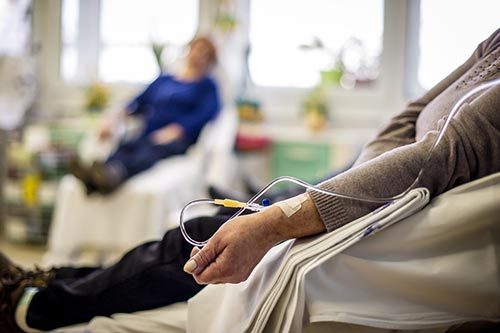
The Tyumen Region Department of Health stated that there are no problems with the supply of medicines. This statement has caused a public outcry among the patients. "I stopped receiving the drug on the 4th of June to only resume the treatment after the media scandal on 24 June. They kept telling us that the drug was just about to become available, saying "Just keep waiting". But nothing changed. This was not the first time. The same thing happened before, for example, at the beginning of May, with the Labour Day and Victory Day celebrations going on across the country. I was afraid for my life, as the dose interruption should not exceed one week," one of the patients of the oncology clinic who was diagnosed with breast cancer told AIDS.CENTER.
According to her, she was ready to buy the drug herself at a pharmacy, but that is not possible: "Oncology clinics buy these types of drug based on the number of patients who need them. You cannot just buy one at a pharmacy around the corner."
Although the matter was settled amicably, the Investigative Committee initiated a criminal case against the clinic on the large-scale inappropriate use of public non-budgetary funds (Part 2 of Article 285.2 of the Russian Criminal Code) by the Meditsinsky Gorod management. According to investigators, 18.4 million roubles were misappropriated between January 2015 and April 2019.
Failing Procurements
The law on contract procurement was adopted six years ago. Although its key aim was to eliminate the corruption factor, this does not always work out in practice. Healthcare institutions do not independently select pharmaceutical suppliers. They only make an application, which is then handled by a competent government agency such as the Ministry of Health both on the federal and regional levels. However, public procurement of drugs has a range of specific features. For example, the customer has to specify the international non-proprietary name of an active ingredient instead of the drug's trade name, which can be critical in some cases. In 2015, Russian Prime Minister Dmitry Medvedev issued an order restricting public procurement of foreign drugs that have Russian equivalents, which, in practice, meant replacing foreign imports with domestic production.
on the topic
Fund's Affairs
AIDS.CENTER branch office in Nizhny Novgorod: "Everyone's getting tested, even the drag queens"
"Generic drugs are better than nothing but are, of course, not the same as the originals. But we don't know in what exact ways they are different, because no one conducts proper testing. The problem of generics is a global issue, but it is particularly acute in Russia, with import substitution being one of the reasons behind it," oncologist Mikhail Laskov explained to AIDS.CENTER.
The expert believes that the law on procurement creates a variety of problems for medical establishments. "Adequate procurement work of public healthcare institutions is being stifled by the officials in all capacities," Laskov says. "The law is structured in a way that makes everything really slow down, and a hospital can only order a drug using its international non-proprietary name. As a result, the cheapest equivalents always win the bidding. Even if they want to, hospitals cannot use more expensive drugs as everything is procured via the tender system."
"Since the procedure takes quite a long time, they have to purchase drugs in large quantities. Meanwhile, if they work within the compulsory medical insurance system, they only receive payment for these drugs much later. The thing is that they buy drugs for six months, for example. So the patients are treated for six months, but they issue invoices for a monthly dose of the drugs. This means that you receive this money in parts every month. So, in fact, you need to have a lot of money just laying around."
In January 2019, the Order of the Ministry of Health No. 871n came into effect according to which public customers are obliged to use a reference price calculation model when validating the initial (maximum) price of a contract for the supply of medicinal drugs. In other words, the public customer has to set the bottom price for a contract. If the bidding process was not successful, a procurer can raise the price, but only by a small amount, which, by the way, takes about a month on average. The system is aimed at levelling out drug prices across the country.
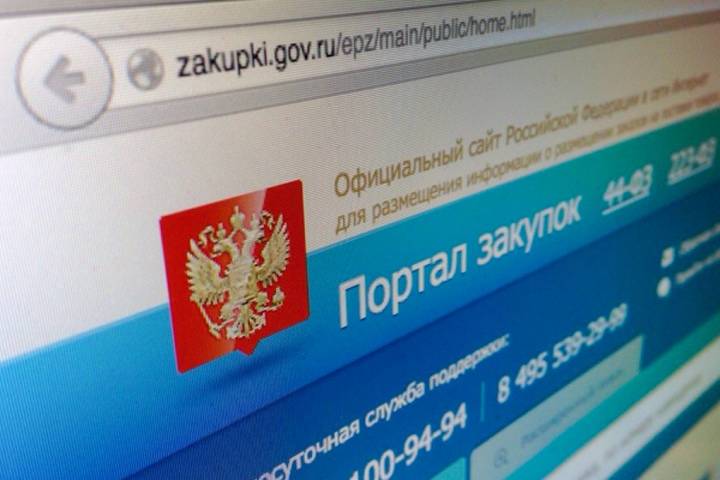
As the Kommersant newspaper reported in August citing the results of an analytical research by the Headway Company, in the first half of 2019, every fourth public contract for drug procurement fell through in Russia, which accounts for 60.8 thousand biddings. In 55.6 thousand of cases, the reason was the lack of offers. Therefore, the volume of failed tenders increased by 52% from 26 to 39.7 billion roubles in the first half of this year for the same period last year, while 163.4 thousand tenders were successful. The reason for these large-scale failures is simple: companies are staying away from tenders because of the too low initial (maximum) contract price.
Subsidised drug provision is regularly monitored by the Russian National People's Front, founded and led by Vladimir Putin, under the Fair Procurement ("Za chestnye zakupki") project. "The problem of disruptions in the supply of drugs for chemotherapy is as old in our country as the system of subsidised drug provision itself," Chairman of the Coordination Council of the Russian Anti-Cancer Movement Nikolay Dronov told AIDS.CENTER. "It's always hard to provide drugs to all the patients who need them, but with cancer treatment, the situation here is really critical. Previously, there was not enough money to buy drugs. Now, the situation is reverse, with 70 billion roubles having been allocated for drugs only under the compulsory insurance system, and that's just for cancer treatment. This money should go to the relevant clinics. However, the Health Ministry has turned out to be incapable of dealing with large-scale challenges."
He agrees that the pricing mechanism used to set the initial (maximum) price of a contract has helped reveal the faults.
on the topic
Society
Denis's Last Summer. How and Why People Die of AIDS in Russian Prisons
"Apparently, the algorithm proposed by the Ministry of Health is not working. Meanwhile, a regulatory document stipulates that regions cannot bypass. The incompetence of those who govern these processes is the key problem. The thing is that bidders reject the prices offered to them. Therefore, what we need is to find out what exactly they don't like. Another problem is that many Russian manufacturers appeared to be unable to meet the increasing demand for drugs. As a result, we need more drugs than can be produced," Dronov explains.
According to the Federal Treasury of Russia, in the first half of this year, the top ten oncology centres most strongly affected by failed procurements was led by Voronezh Regional Oncology Clinic and Krasnodar Krai Oncology Clinic No. 1 that could not buy drugs for cancer patients for 1.5 billion roubles and 1.4 billion roubles respectively.
As reported by the Russian National People's Front, the top ten failed procurements in five months included anticancer drugs for 3.4 billion roubles. The top three include Nivolumab, Aflibercept and Bevacizumab.
Oksana Stanevich, an infectious disease specialist who also often has to deal with cancer treatment, points out that the procurement process is not the only reason for the existing problems. For example, Nivolumab and Bevacizumab are monoclonal antibodies, or mAb.
In 2018, the Nobel Prize in Physiology or Medicine was awarded to American and Japanese immunologists James Allison and Tasuku Honjo respectively for their discovery of immune checkpoints that allowed to develop monoclonal antibody therapy, an effective form of treatment against some types of cancer. Monoclonal antibodies have become a strong immunotherapy weapon for cancer treatment.
According to her, with many types of cancer, disruptions in drug supply, can be accounted for by the high price of the drugs. They just can't provide patients with them. "Monoclonal antibody therapy for lung cancer is a fundamentally new type of treatment. The drug is impossible to get even on a subsidised basis, so patients have to buy it. The drug is quite expensive. You cannot buy it at a pharmacy. It is delivered right to an oncology clinic. It can cost up to several thousand dollars (AIDS.CENTER'S note: the only drug manufactured in Russia is called Efleira and costs 25,000 roubles a pack), and is paid for either by patients themselves or by charity funds. Therefore, the disruptions are caused by low demand or lack of money. We shouldn't even call them disruptions in this case," the doctor stresses.
An Acknowledged Drug Shortage
In February 2019, news of the Bevacizumab shortages got out in the Vladimir Region. No suppliers applied to participate in the bidding. The Ministry of Health had to go for direct procurement, that is, ordering drugs directly from suppliers, bypassing tender procedures. However, under the current law, the procurement volume should not exceed 200,000 roubles in this case. Obviously, that is way below the required amount of drugs.
According to Oksana Stanevich, another reason for disruptions may be the fact that the drug is not registered in Russia. "They have to obtain a permission, or even travel somewhere to buy them, as is the case with the drugs for hepatitis C," the doctor says.
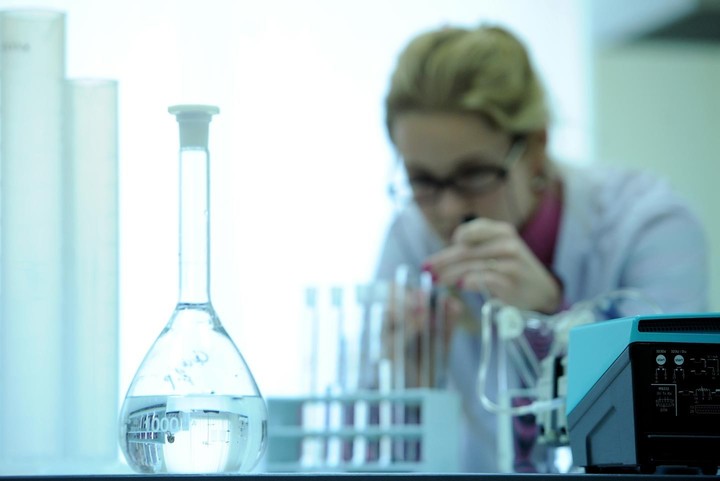
Deputy Prime Minister Tatyana Golikova has admitted the fact that there are problems with drug procurement. "The first problem is delays in procurement and tender procedures, as well as the refusal of manufacturers and suppliers to participate in biddings that result in failed procurements. The second problem is the lack of coordination and cooperation between regional governments, pharmacies, and medical institutions," Golikova said during a government session in July.
The Russian National People's Front is planning to send an appeal to the Ministry of Health requesting them to review the pricing mechanism for drug procurement to curb the increasing procurement failures. "The idea of setting reference prices is good in itself, but the way it is being implemented negates everything. We cannot keep playing around with people's lives. We need to suspend the validity of the clause concerning "reference prices" and, together with experts, urgently review and change the approaches to determining the initial maximum price of a contract for drug procurement," says Anton Getta, State Duma member and coordinator of the Fair Procurement project implemented by the Russian National People's Front.
The issue of drug procurement has been spurred, among other things, by the recent high-profile story where criminal cases were initiated against mothers of children diagnosed with epilepsy for buying foreign drugs that are banned in Russia but their children need for treatment. It remains to be seen whether the issue of drug shortages is going to get the green light during the autumn session of the State Duma.



